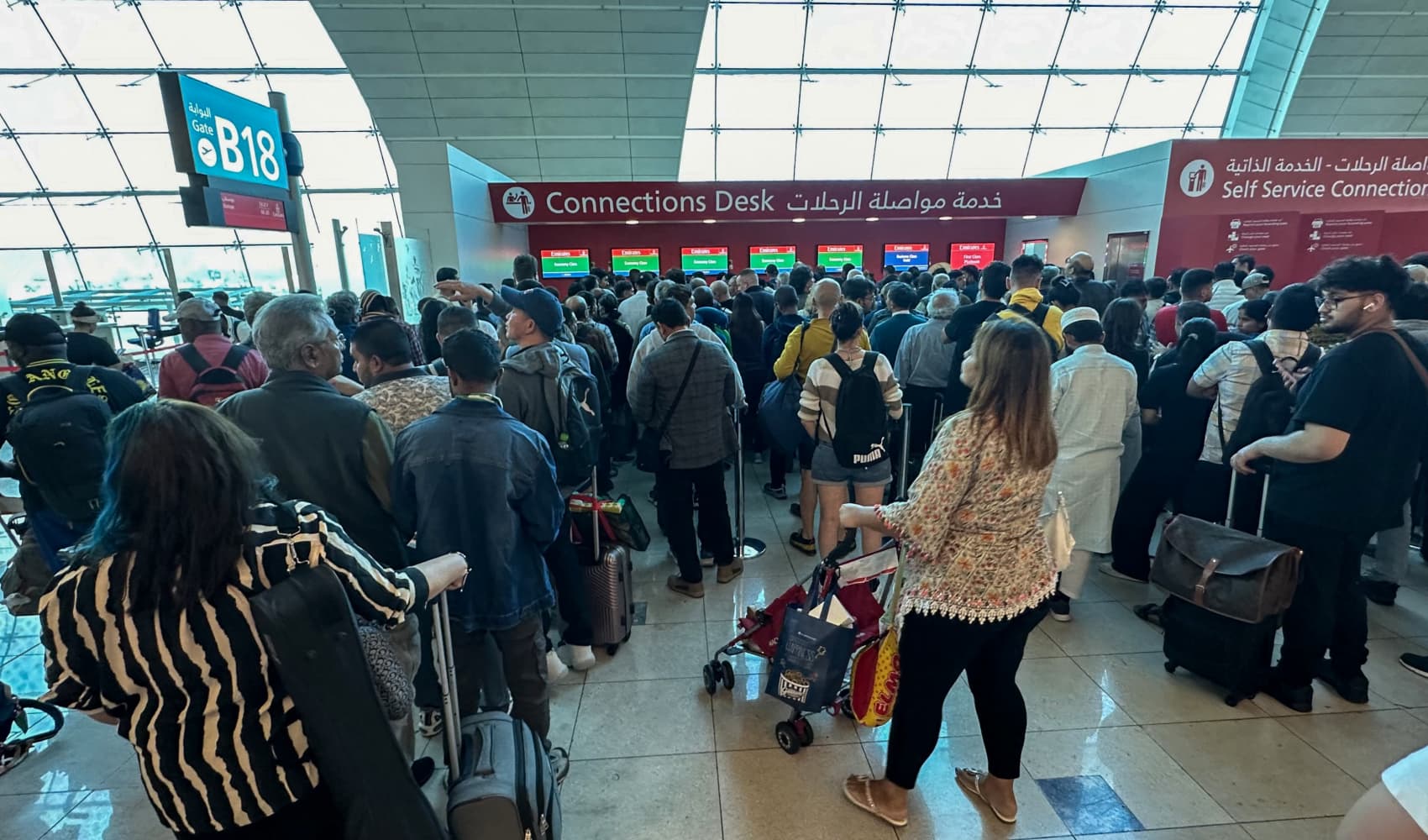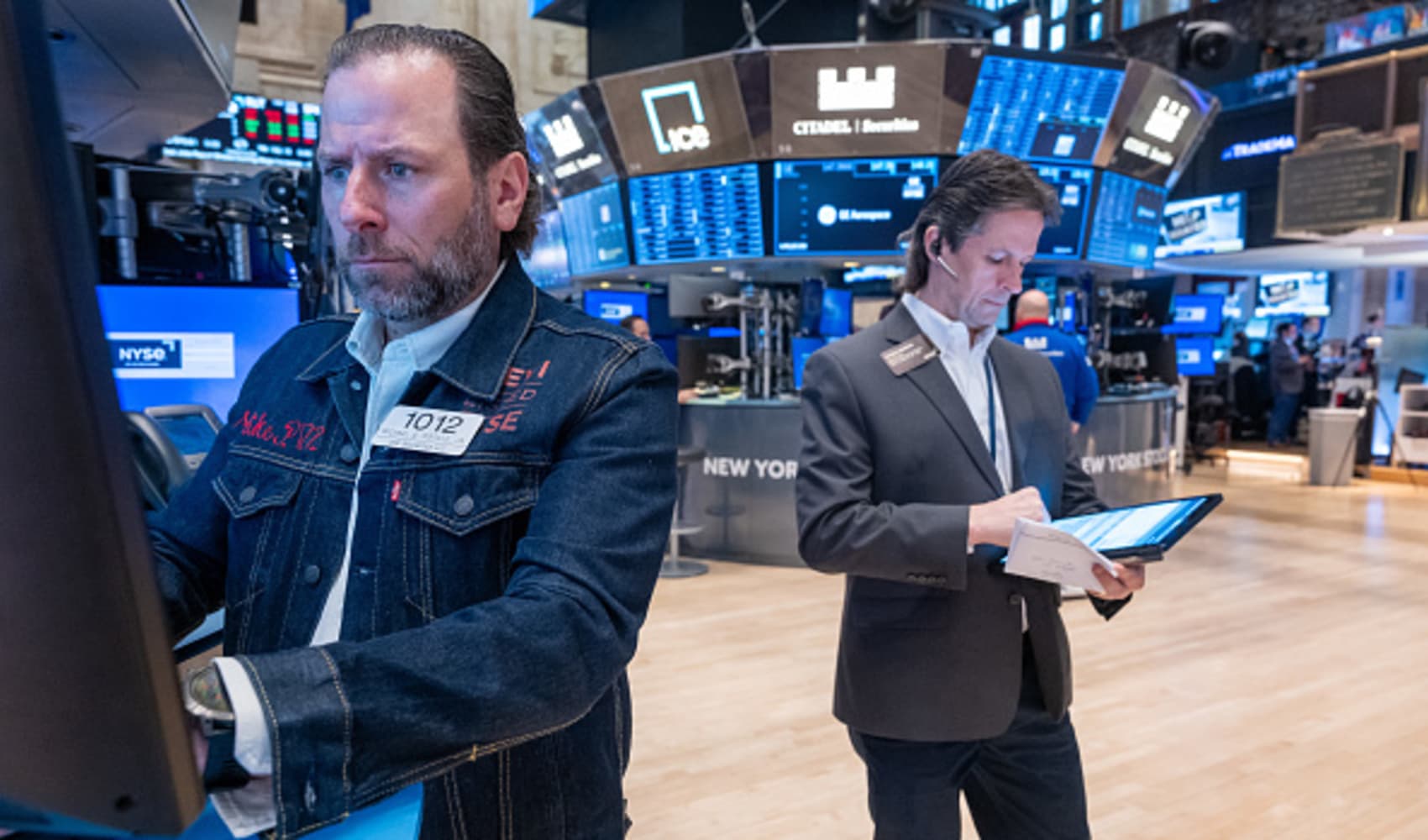
- Some family members may not be aligned in their expectations when it comes to the holidays.
- That means people across the country will have difficult conversations this year about whether it's safe to get together.
- Here's what infectious disease specialists recommend.
The Dabb-Hawkins family Facebook group has been buzzing for the past few weeks. The big question: How to handle the holidays this year.
There was a big push by some family members in October to get together in person for Thanksgiving. The other half of the family wanted to make Zoom dinner plans instead, according to Rachel Dabb Hawkins, 28. A recent surge in cases in Utah, where she lives, ended the debate. Everyone has now agreed to a virtual gathering.
Across the country, families like hers are deciding how, when and where to get together for the holiday season — if at all. It's tricky and occasionally awkward since not everyone has the same tolerance for risk or willingness to follow the public health guidelines. Surveys have found that gender, education and political party preference play a role in an individual's decision to take the coronavirus seriously, including to wear a mask.
"It's important to have these conversations with family members now and set expectations," said Dr. Steven Pergam, an infectious disease physician and researcher at Fred Hutchinson Cancer Research Center.
Infectious disease experts say it's important that individuals do their part this holiday season to reduce the spread of Covid-19. That might mean saying no to an invitation to Thanksgiving dinner or a Christmas party, which can be uncomfortable. If families do choose to gather in large numbers across the country, with or without air travel, they say it could cause worsen the outbreak. The situation is already highly concerning, they say, given spikes across many states, notably the Midwest, and the holidays could accelerate the virus' spread.
Pergam acknowledges that Americans will have to do their best this year to assess levels of risk and do their part to mitigate it. The guidelines aren't always clear about what people should do in each specific circumstance, and there's room for interpretation.
Money Report
In general, the more people who gather and the longer the interaction lasts, the higher the risk, according to the Centers for Disease Control and Prevention. The highest risk of exposure comes from large in-person gatherings, where people aren't generally able to stay 6 feet apart. Medium-size in-person gatherings that allow individuals to be at least 6 feet apart and that have attendees coming from outside the local area represent a "higher risk" of exposure, the CDC says.
The agency recommends requiring guests who aren't in your immediate household to wear masks, unless they are eating or drinking, and to stay at least 6 feet away.
"Encourage guests to avoid singing or shouting, especially indoors. Keep music levels down so people don't have to shout or speak loudly to be heard," the CDC says in its guidance on holiday gatherings issued Monday. "Encourage attendees to wash their hands often with soap and water for at least 20 seconds" or use hand sanitizer.
Pergam's advice for small indoor gatherings is for guests to wear masks at all times, which would require eating separately. That might feel strange, but it can go a long way to protecting others.
All of this can be challenging, he warns, particularly when alcohol is involved.
In general, he notes, outdoors is a better option whenever possible and the smaller the group, the better.
Air travel also puts people at a higher risk of getting Covid, particularly longer flights. A recent study found that the almost 60 confirmed cases in Ireland were linked to one international flight.
For those who are getting on a plane, Pergam recommends wearing a mask and avoiding taking it off at the airport or on the flight. Eating beforehand at home might help. He also suggests bringing hand sanitizer.
Other doctors say that the holidays are forcing people to balance their individual desires with the collective interest. Getting together in person feels important to a lot of people for their mental health, particularly those who have felt isolated at home for months. But that might put family-members at risk, and potentially even a community depending on the size of the group.
Dr. Wendy Dean, a Washington D.C. based physician, is currently being asked by a lot of her patients about safe ways to come together for the holidays.
She recommends outdoor gatherings wherever possible, masked and physically distanced, but recognizes it's not always feasible. In colder climates, remaining outdoors for long periods is a non-starter for some.
For that reason, families may choose to form more intimate pods and agree to certain precautionary measures ahead of time, like laying low at home for ten days or getting tested. And some may want to consider a virtual event, like Dabb, to interact with a larger group.
Ultimately, said Dr. Dean, "each family unit has to weigh both the risks of transmitting the virus to others and the risks to themselves should they contract it."






